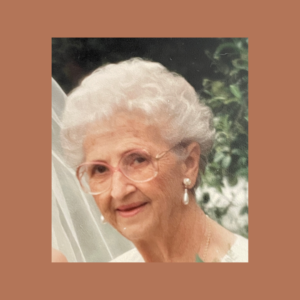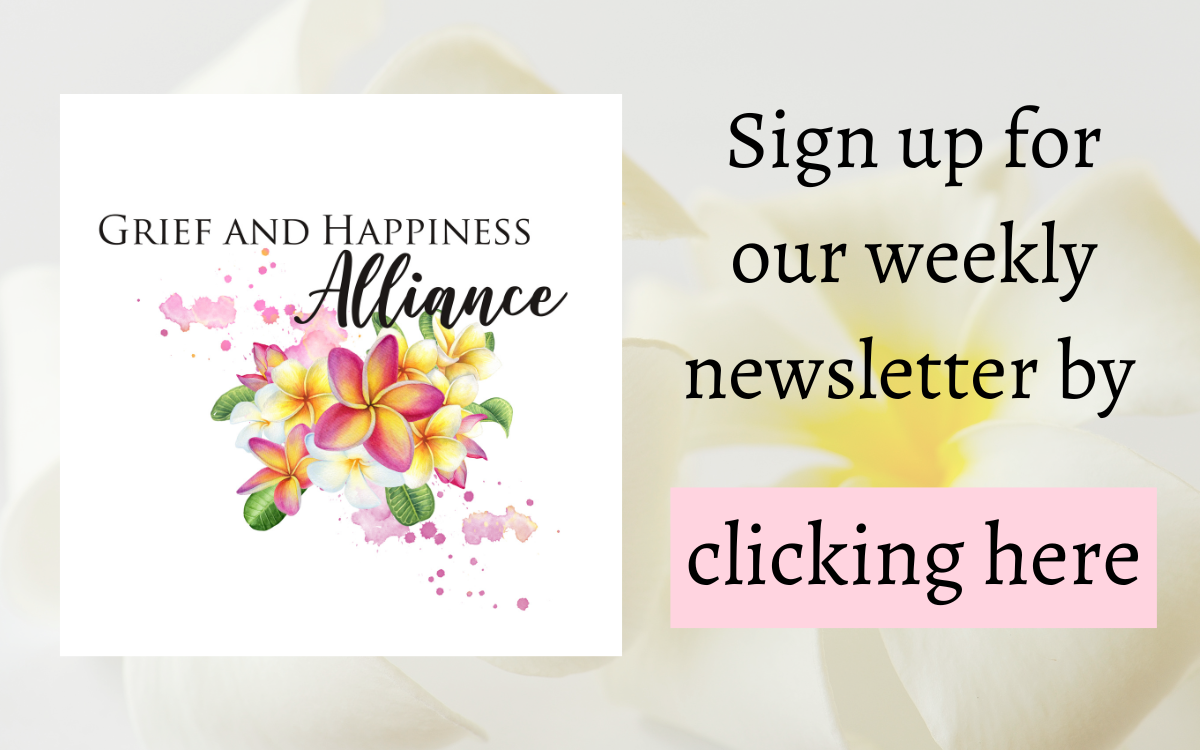
In an online meeting I was attending this morning, we were introducing ourselves, and when I told them about my book, they all wanted to talk about their grief. Most of the group expressed how they hadn’t really dealt with their grief because it was hard for them to talk about. They said things like they didn’t think other people would want to hear about, or they didn’t want to bring other people down, or that they didn’t want to deal with the sadness that comes to them when they do talk about their grief. They also pointed out that they knew people grieving over losses other than grief.
Right now, it seems like we all are dealing with some form of grief whether it is from the loss of a loved one or the loss of a job, a home, an income, a pet, or anything important to our lives. And most of us just deal with our grief on our own then wonder why we are having a hard time.
When grieving, people tend to withdraw from other people to avoid the sadness, the crushing pain, or the reactions they get when they mention it. Does this sound like you or someone you know? With my own grief, I tended to keep to myself for the first couple of months. I just didn’t want to talk to anyone. And I didn’t want to listen to anyone either. Hearing them talk about anything other than my loss was difficult to deal with. How could they care about what to fix for dinner or a new purchase they made?
Eventually I got to a point where I did want to talk or listen, but by then I needed to connect with people again. I tried to find groups on social media that I could join and be able to communicate, but I discovered so much sadness. At first, I was replying to every devastating story I read, and in the process, I seemed to be absorbing that sadness. I would stop writing when I was in tears. I realized that doing this wasn’t helping anyone. The people who were writing the stories just needed to tell their stories and weren’t prepared to listen to a response. I assumed that because I never received a response from anyone I wrote to.
Eventually I decided to find new friends and I created a Meet Up group and invited people to join me to write about what we were grieving. This worked. Meeting face to face we were all able to share and respond to each other. We all realized how much we needed to share our stories. By meeting with this new group, I became more comfortable in reaching out to my friends, and they responded. I think they always wanted to but weren’t sure what to say. My reaching out to them broke the ice and we easily fell back into the relationships we had before my loss. And, when they were ready, they talked to me about how the loss affected them, too.
If you feel stuck now, don’t despair. People still love you. New people will love you, too. When you are ready, open your heart and allow people back in.
You can order Loving and Living Your Way Through Grief by clicking here at Amazon.
I would be happy to put you on the reminder list for or Writing Together Through Grief occurring on Saturdays each week by sending an email to me to emily@lovingandlivingyourwaythroughgrief.com and giving me your email address.
Join my Facebook group here.





